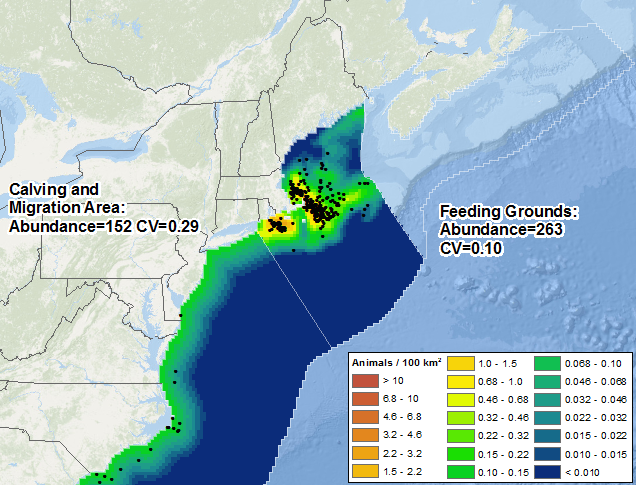New Report from MiCO
Innovations in animal tracking technology are changing the way we think about how the world’s oceans are connected, providing knowledge on the migratory connectivity of populations and species to inform worldwide conservation and sustainable use. An new study is available in Proceedings B on “The importance of migratory connectivity to global ocean policy,” co-led by …





